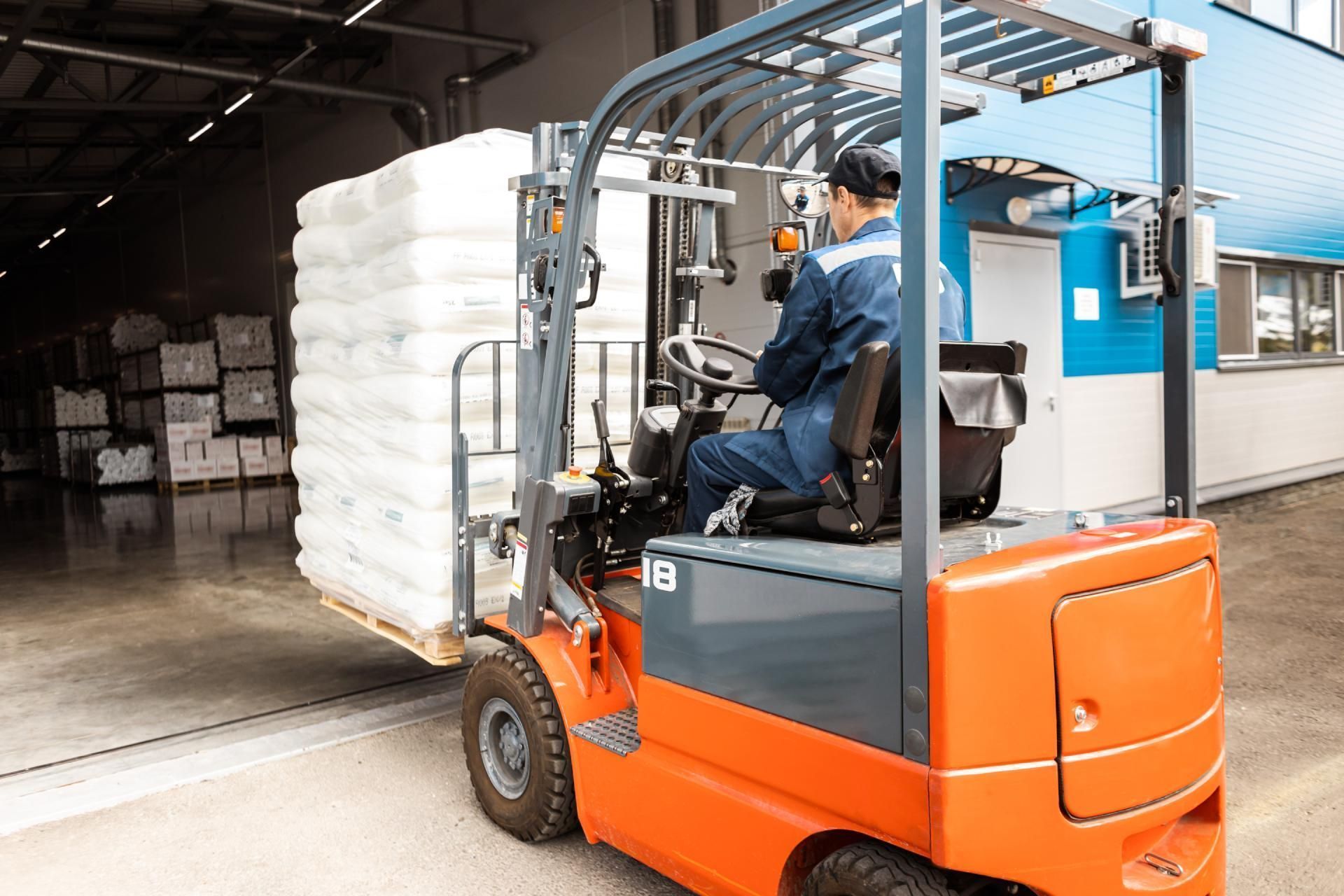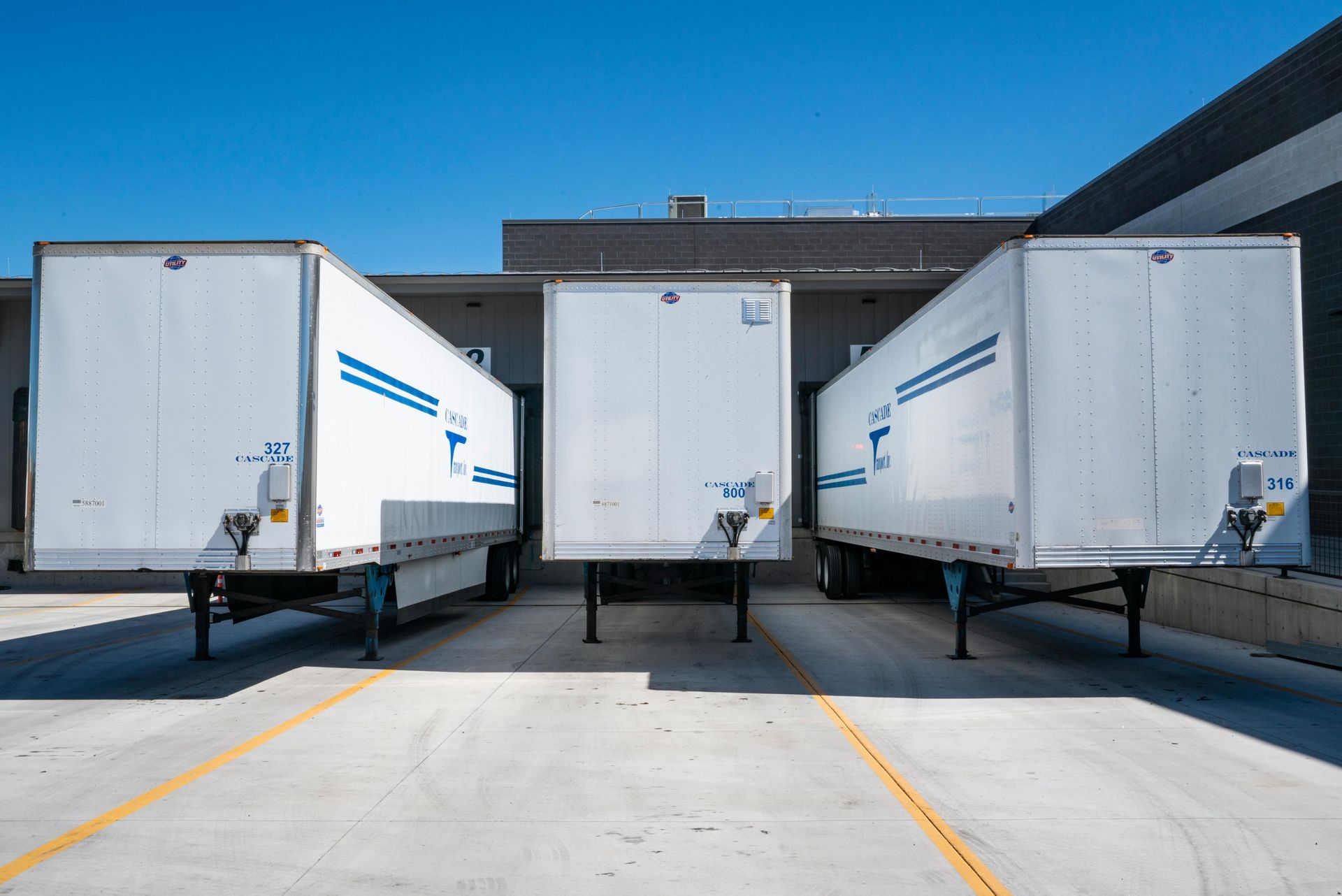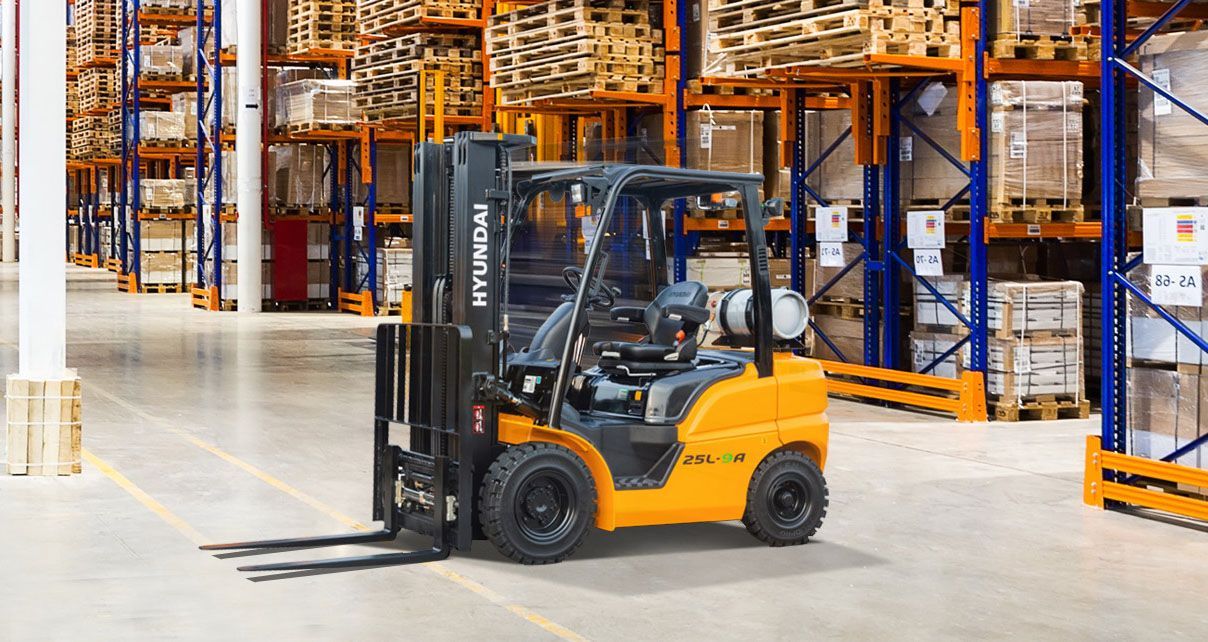A Guide to Forklift Types
As experienced forklift dealers, we’ve helped plenty of customers through the buying process at Benco Industrial Equipment. When you’re working on getting materials where they need to go and products out the door, you don’t have time to worry about your equipment. Investing in the right forklift types ensures that your logistics operations run smoothly and save you from unnecessary headaches down the line.
First, however, you need to decide which forklift type will best suit your needs. First, it’s important to decide which class of forklift you’ll need to look for.
- Class I – Electric Motor Ride Truck
- Fuel Type: Electric
- Use: Indoor settings where air quality is a concern
- Class II – Electric Motor Narrow Aisle Truck
- Fuel Type: Battery
- Use: Moving inventory in narrow or tight spaces
- Class III – Electric Motor Hand Truck
- Fuel Type: Battery
- Use: Quickly uploading delivery trucks across short distances
- Class IV – Internal Combustion Engine with Cushion Tires
- Fuel Type: Gas or Diesel
- Use: Low-clearance situations
- Class V – Internal Combustion Engine Trucks with Pneumatic Tires
- Fuel Type: Gas or Diesel
- Use: Indoor and outdoor with rough surfaces
- Class VI – Electric and Internal Combustion Engine Tractors
- Fuel Type: Battery, Gas, or Diesel
- Use: Hauling or towing loads
- Class VII – Rough Terrain Forklift Truck
- Fuel Type: Gas or Diesel
- Use: Construction sites, uneven ground, high elevation lifting
From there, you’ll need to narrow down your choices based on application.
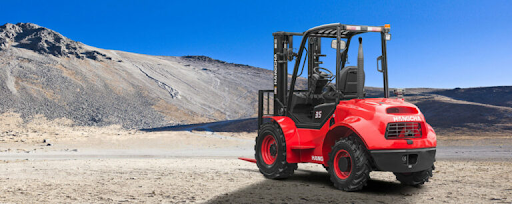
Warehouse Forklift
This type of forklift is arguably the most common and recognizable piece of equipment both in and out of a warehouse. A warehouse forklift truck resembles a golf cart with two forks extended outward from the front. Warehouse forklifts are used to move inventory and load & unload pallets from delivery trucks.
Sideloader
Sideloading forklifts are designed for large, heavy, or unwieldy loads:
“Unlike ordinary forklifts, the side loading lift operator stands sideways in the lift’s cabin, which gives them a clear view in all directions. Sideloading forklifts have also come to be known as sideloaders because, unlike standard forklifts, their forks are located on the side rather than the front.”
Counterbalance Forklift
These forklifts have a counterweight in the back of the machine and can move close to the load, making them ideal for tight spaces and heavy objects. There are different counterbalance forklifts, including models with three wheels that allow the operator to hop off and on between loading and unloading easily.
Telehandlers
Telescopic forklifts are also called telehandlers — think of them as the love child of a crane and a forklift. Telehandlers still have forks, but they’re attached to an expanding arm that can easily maneuver in tight and high spaces. A standard telescopic forklift can support up to 5500 pounds and can reach 19 feet into the air.
Rough Terrain Forklift
You’ll usually see rough terrain (or straight mast) forklifts on outdoor construction job sites. These forklifts have oversized, pneumatic tires suited for traveling and balancing on uneven surfaces. The tires are also deeply threaded to allow for better traction on these surfaces. It’s unlikely that you’d ever need to use a rough terrain forklift in a warehouse, though.
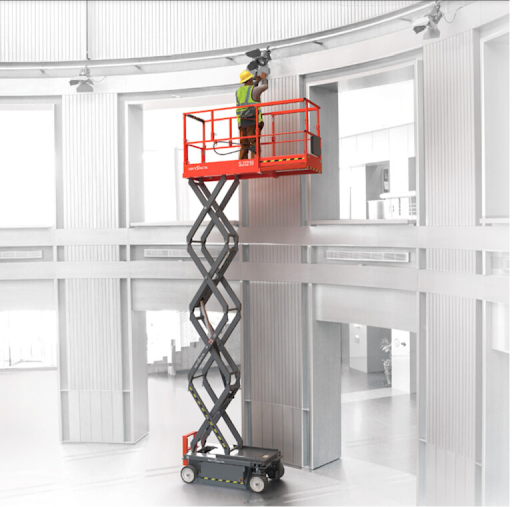
Pallet Jack
Pallet jacks are specialized forklifts that are designed to lift pallets. These forklifts don’t have much power or maneuverability, but they’re compact enough to travel the warehouse door and transport pallets — proving them to be a valuable tool for warehouse management.
Walkie Stackers
You’d be able to recognize a walkie stacker when you see it working hard in the warehouse. This forklift doesn’t have a cab for operators to sit in; instead, workers walk behind this lift and steer it with an attached handle. They don’t have much power or maneuverability, but they can reach high and tight spaces.
Ready for a new forklift? We can help. Our professional staff will help find you the machine of your dreams. We even refurbish old forklifts to their former glory.
Benco customers count on us to make sure their industrial equipment is in top shape. We perform routine preventative maintenance and inspections of material handling equipment to minimize breakdowns. If a forklift or other piece of equipment does go down, we’re not only on call to fix it, but we’ll bring you a rental forklift to ensure the warehouse doesn’t have catastrophic downtime. Contact us today!
The post A Guide to Forklift Types appeared first on Benco Industrial Equipment.


